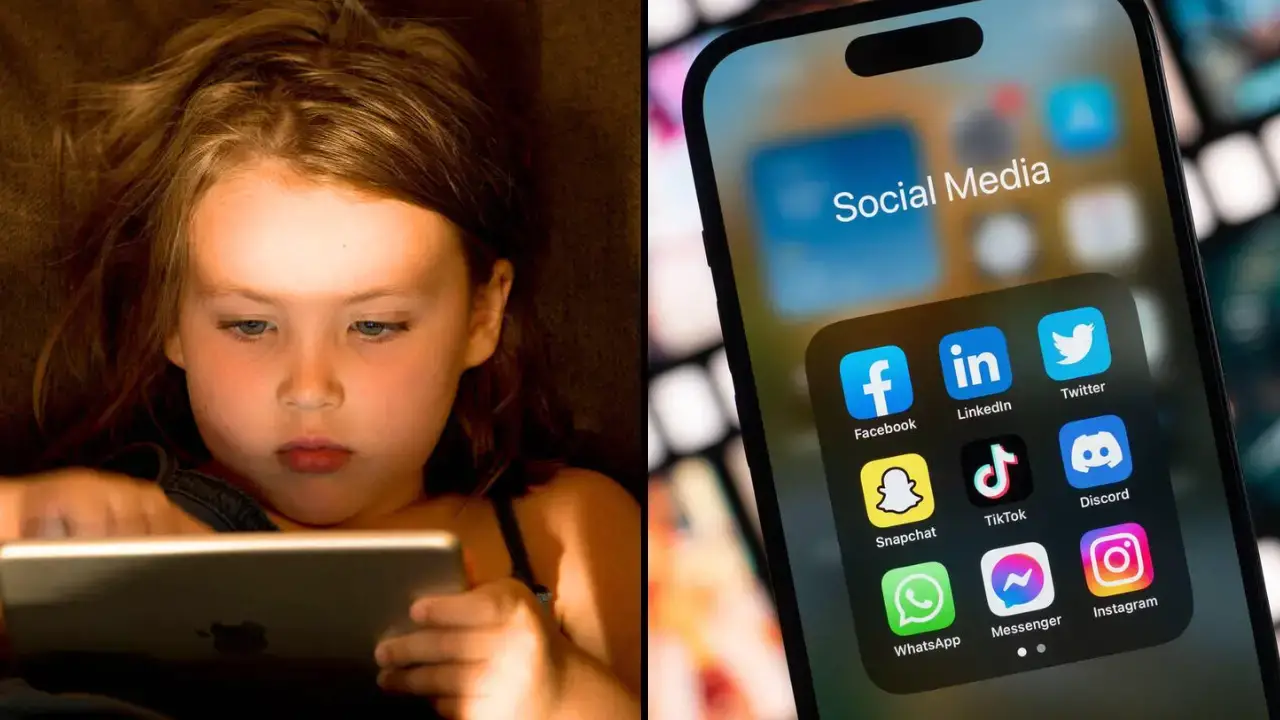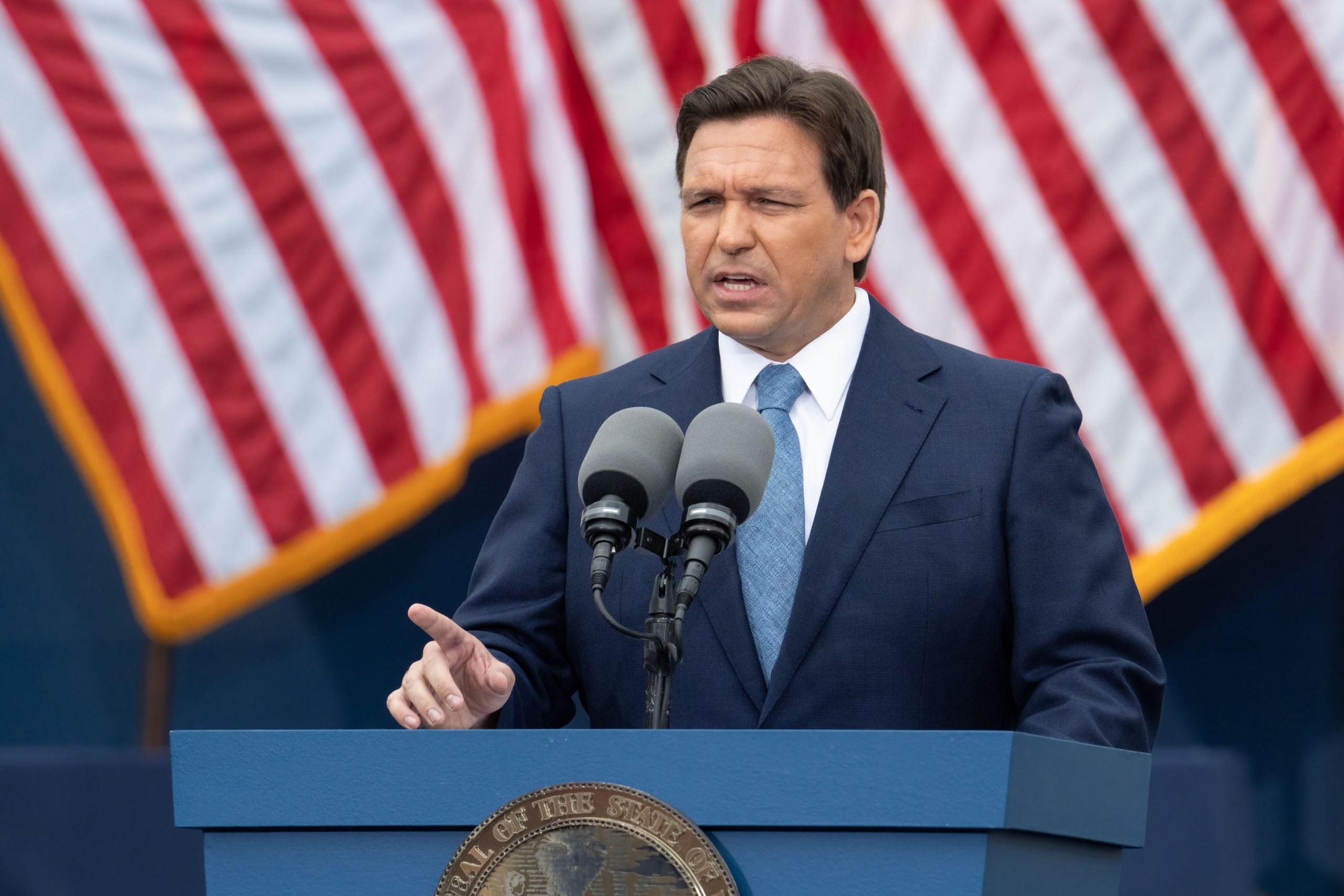
Credit: Alamy
Children Under 14 To Be Banned From Owning A Social Media Account In US State
Children under 14 will be banned from having a social media account in one US state…
Many of us are worried about the presence of teenagers on the internet.
It’s basically the wild west out there, meaning younger users can end up accessing some pretty inappropriate content, and even putting themselves in danger.
But now, one US state has taken a firm stance on children and teens on social media.
Everyone under 14 will be banned from owning a social media account – but people are not totally convinced it’s a good idea…
Related Article: Huge Facebook Glitch Saw App Auto-Sending Friend Requests After You Looked At Someone’s Profile
Related Article: Words You Should Never Google, According To People Who Have
The news of the social media ban for teens has left the internet divided.
One writes: “Omg like no kid ever has lied about their age to access a website? Give me a break. This is completely unenforceable. It’s just an entire waste of law enforcement’s time and taxpayers’ money.”
Another adds: “Although I kinda agree with this I’m shocked to hear it, and I also think it should be up to the parents, not the government!”
A third offers: “Not a bad thing. My grandkids one day will look at me shocked over how much access I had to the internet at the age of 12 the same way I was shocked my grandparents smoked when they were 12.”

The state in question is Florida, with Governor Ron DeSantis’ social media bill proving controversial.
“Social media harms children in a variety of ways,” DeSantis said in a statement Monday.
“HB 3 gives parents a greater ability to protect their children.”
Lawmakers, DeSantis says, are ‘trying to help parents navigate this very difficult terrain that we have now with raising kids.’
Republican state house speaker, Paul Renner adds (per the Guardian) says: “A child in their brain development doesn’t have the ability to know that they’re being sucked into these addictive technologies and to see the harm and step away from it, and because of that we have to step in for them.”
Renner said he expects social media companies to ‘sue the second after this is signed’.
“But you know what? We’re going to beat them,” he concludes.
“We’re going to beat them and we’re never, ever going to stop.”

Ron DeSantis’ social media bill will prevent anyone under 14 from creating or holding a social media account, and will require anyone aged between 14 and 16 to have parental permission.
Tech industry group NetChoice has already come out in opposition to the bill, claiming the data collection needed to enforce it would put Floridans’ privacy at risk.
“There are better ways to keep Floridians, their families and their data safe and secure online without violating their freedoms,” Carl Szabo, NetChoice vice president and general counsel, said in a statement.
Related Article: iPhone Users Complain New Apple Update Is Seriously Draining Their Battery Life
Related Article: What Is Phubbinbg? Parents Warned About Taking Part In Trend In Front Of Their Kids
The new law is scheduled to go into effect on January 1, 2025, but is expected to face First Amendment-related legal challenges, NBC News reports.
But not everyone is behind it.
“This bill goes too far in taking away parents’ rights,” the Democratic state house representative Anna Eskamani said in a news release.
“Instead of banning social media access, it would be better to ensure improved parental oversight tools, improved access to data to stop bad actors, alongside major investments in Florida’s mental health systems and programs.”
And in spite of the backlash, it looks as though Flordia isn’t alone.
Other states that have pushed similar bills include Arkansas, Louisiana, Ohio and Utah, although all of these bills are currently tied up in various legal challenges.